Life behind the stacks: The secret apartments of New York libraries
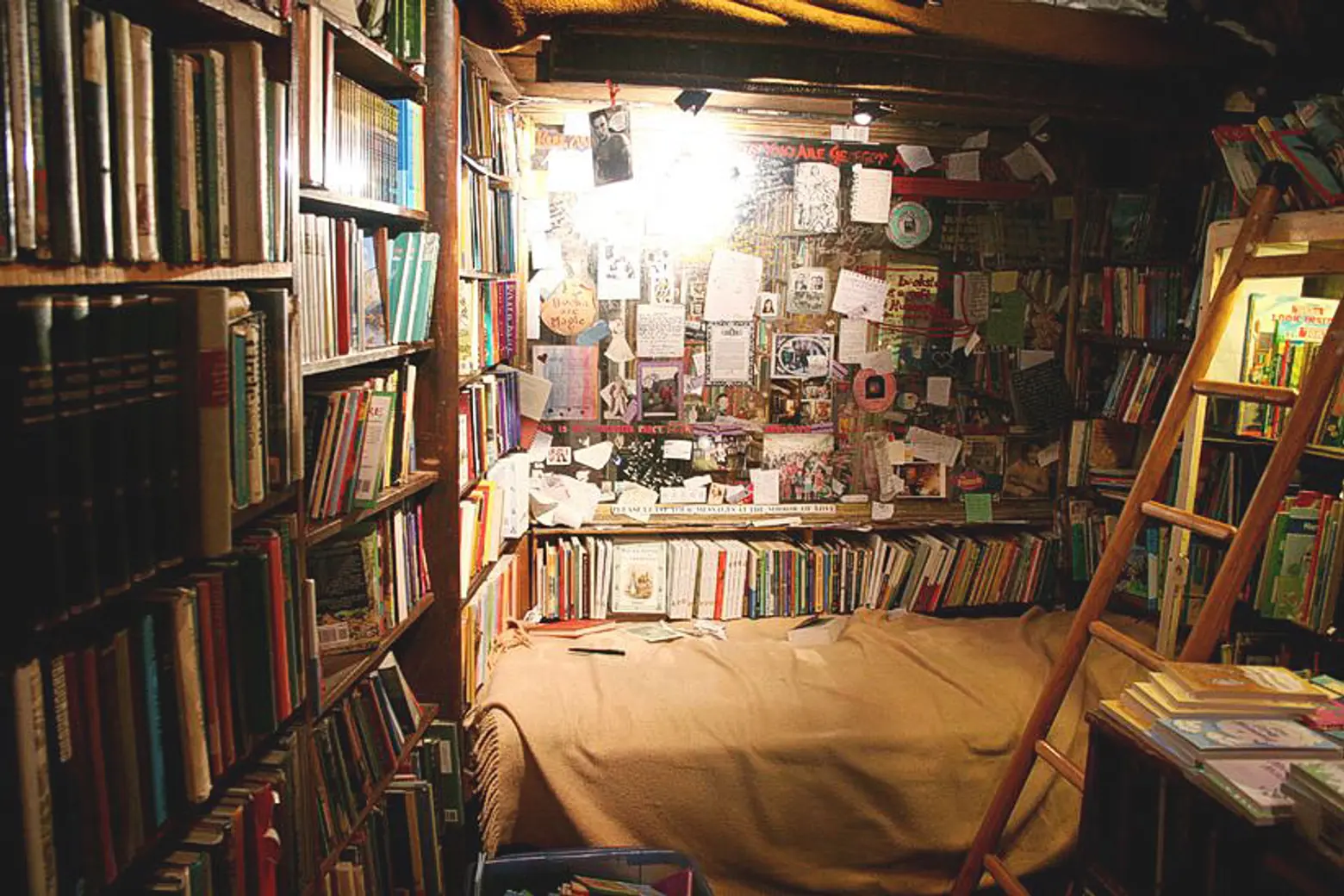
Image by Glynnis Ritchie via flickr
For many book lovers, there is nothing more exciting than the idea of a home library. What most of the city’s book lovers don’t know is that until recently, there was an affordable way to fulfill the dream of a home library—at least for book lovers who also happened to be handy with tools.
In the early to mid twentieth century, the majority of the city’s libraries had live-in superintendents. Like the superintendents who still live in many of the city’s residential buildings, these caretakers both worked and lived in the buildings for which they were responsible. This meant that for decades, behind the stacks, meals were cooked, baths and showers were taken, and bedtime stories were read. And yes, families living in the city’s libraries typically did have access to the stacks at night—an added bonus if they happened to need a new bedtime book after hours.
***
The New York Society Library, 53 East 79th Street ↓
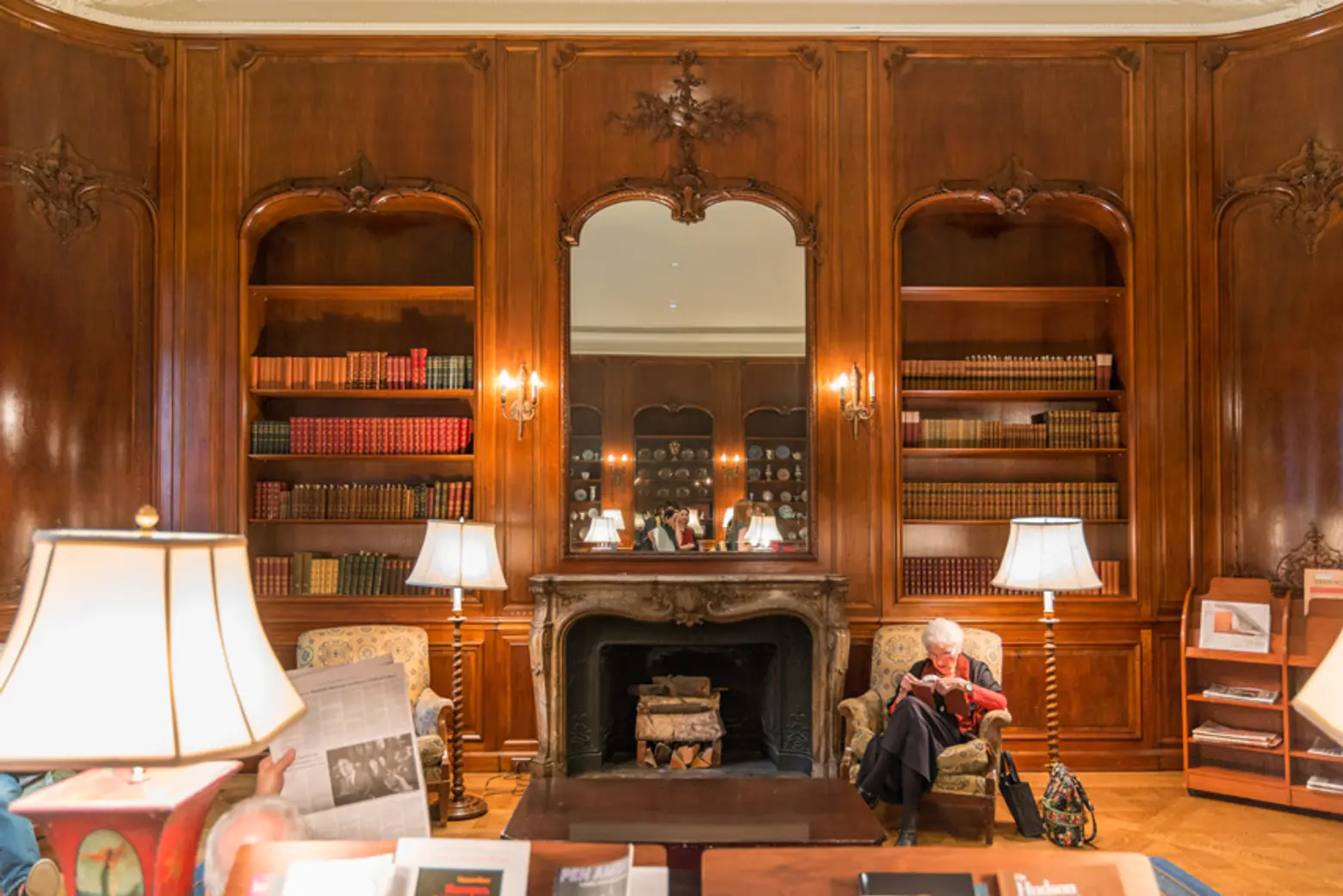 Image via Sideways NY
Image via Sideways NY
The New York Society Library is one of the oldest libraries in the United States; it’s also one of the nation’s few remaining subscription libraries. This means that the library does require members to pay an annual fee—about $200 (it was much less when Herman Melville and Henry David Thoreau joined). Still, the opulent space on 79th Street at Madison remains accessible enough to serve as a refuge to many city writers seeking a bit of additional desk space and silence.
While the superintendent at the New York Society Library now comes and goes just like its librarians, for nearly 25 years, the building was home to the Thornberry family. In 1943, Patrick Thornberry, an Irish immigrant, moved into the building with his young wife, Rose. Rose was also an Irish immigrant and apparently the reason why Patrick had come overseas in the first place. By the time the Thornberrys moved into the New York Society Library, they also had a six-year-old daughter, Rose Mary.
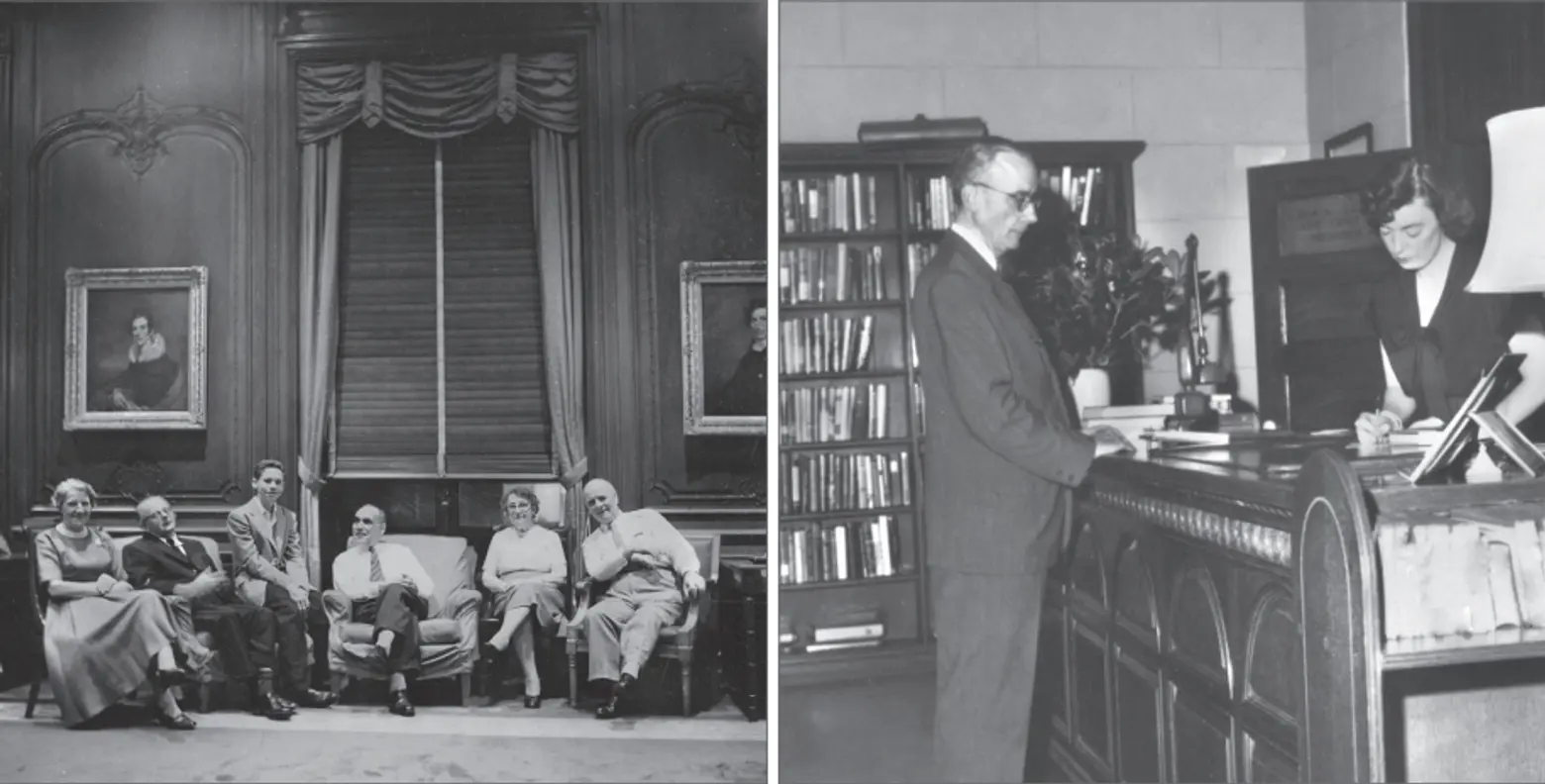 Rose, Terence, and Patrick Thornberry entertain family friends in the Members’ Room after a holiday dinner (l); a staffer assists a patron (r). Images courtesy of The New York Society Library
Rose, Terence, and Patrick Thornberry entertain family friends in the Members’ Room after a holiday dinner (l); a staffer assists a patron (r). Images courtesy of The New York Society Library
The family, who were joined by Rose Mary’s younger brother Terrence in 1945, lived in the library until Patrick Thornberry retired as the building’s superintendent in 1967. Their home was in what the library now refers to as the “closed stack” (a locked stack reserved for rare books). While the closed stack is currently sealed off to daylight to protect its rare contents, when the Thornberrys lived in the library, it was a light-filled and vibrant space. But the family was by no means confined to their apartment. They also enjoyed a penthouse-level garden and after hours, access to the library’s stacks and large reference rooms too.
If living in a mansion full of books at the corner of 79th and Madison doesn’t already sound like any book lover’s dream home, Rose Mary and Terrence, who grew up in the library, recall other distinct benefits.
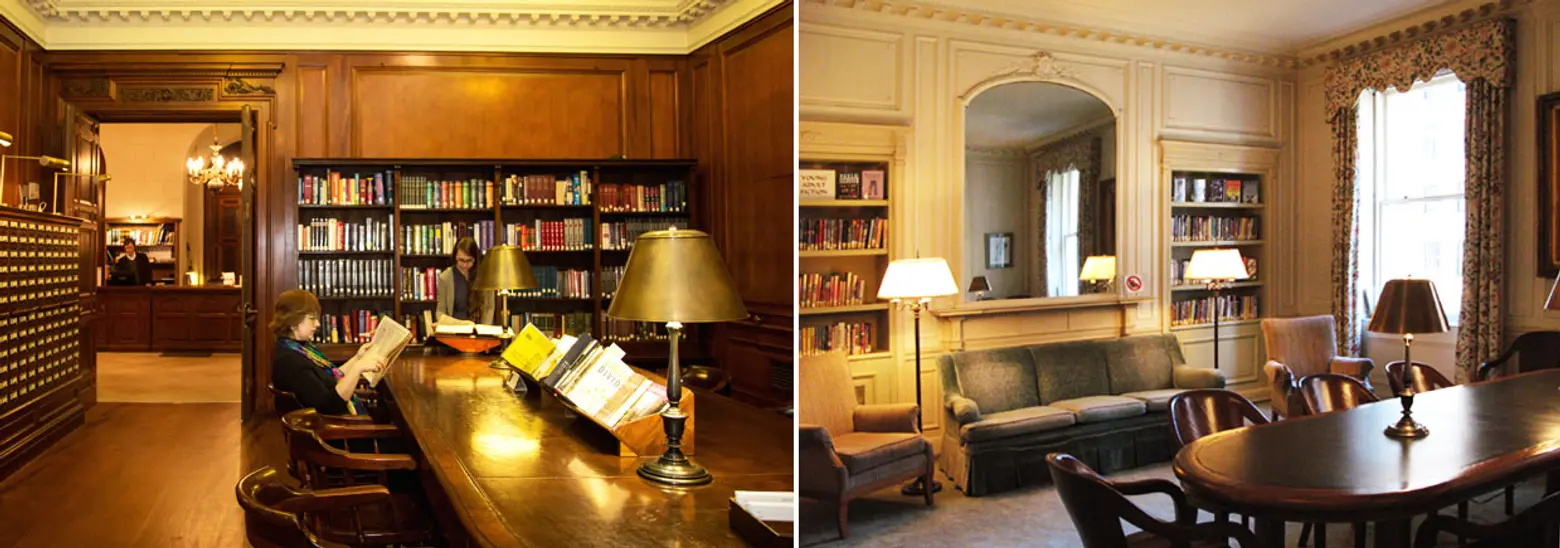 Images via The New York Society Library
Images via The New York Society Library
In a 2014 interview with Sara Holliday, who currently holds the position of Events Coordinator at the New York Society Library, Rose Mary Thornberry McLeod and Dr. Terrence Thornberry emphasized that growing up behind and in the stacks was both fun and brimming with opportunities. For example, from time to time the children met famous writers and other luminaries in their own home. On one occasion, young Rose Mary was called to the front desk to meet actress Maude Adams who was best known for creating the role of Peter Pan in J. M. Barrie’s 1905 play. But meeting famous authors and actors was not the only upside of growing up in a library.
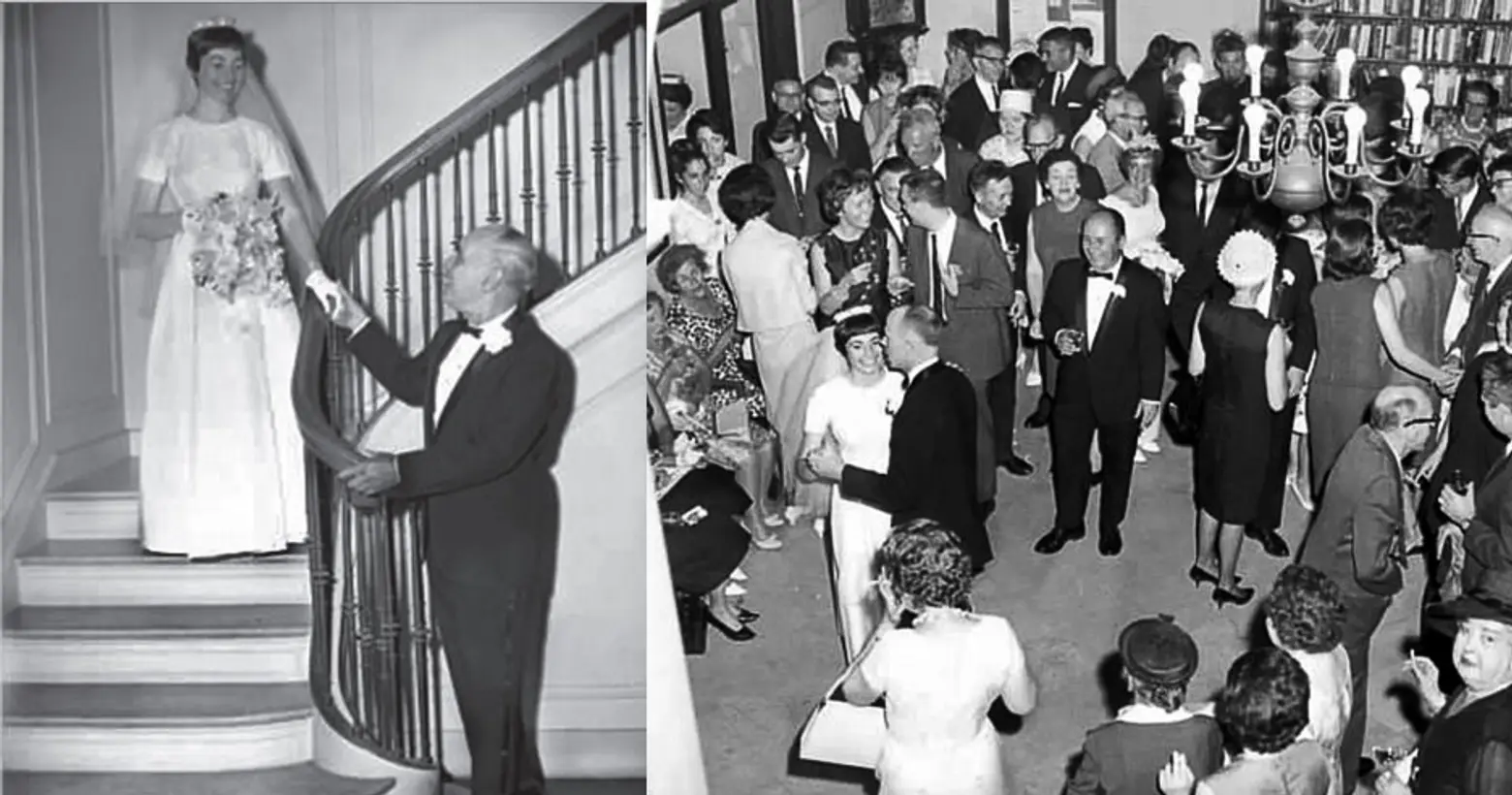 Rose and Patrick at the second floor main staircase on her wedding day (l); The wedding reception in the main hall (r)
Rose and Patrick at the second floor main staircase on her wedding day (l); The wedding reception in the main hall (r)
Living in the library meant that Rose Mary and Terrence had access to part-time and summer jobs as pages without ever leaving home. The New York Society Library, which coincidentally now costs several thousands of dollars to rent out for just an evening, was also a great place to host events. As a young girl, Rose Mary held the occasional sleepover in the library and in 1965, she held her own wedding in the library.
***
NYPL’s Schwarzman Building, 476 5th Avenue ↓
 Image by Jiahui Huang via flickr
Image by Jiahui Huang via flickr
Over the years, the city’s public library system was also home to many live-in superintendents and their families. The most demanding position in the system was likely held by John Fedeler and later by his son, also named John.
The Fedelers moved into a spacious four-bedroom apartment on the Mezzanine floor of the 42nd Street branch of the New York Public Library in 1910 when John Jr. was only four years old. In fact, the Fedeler’s moved into the Schwarzman Building even before it opened to the public for the first time in 1911.
From all accounts, John Fedeler was well suited to this unusual and unusually demanding position. Indeed, Fedeler led an exciting and somewhat eccentric existence both prior to and following taking up full time residence in the NYPL’s Schwarzman Building.
A 1913 article in the New York Times noted that before moving into the library to serve as the building’s chief engineer, Fedeler had worked as a merchantman, briefly studied engineering at Harvard University and later worked as a designer for Thomas Edison. Notably, the 1913 article was not even about the fact that Fedeler was now living in a seven-room home inside the newly opened Schwarzman Building but rather about the fact he has just announced a new invention—an air purifier that promised to suck everything from arsenic to iron particles out of the air.
It was only later, in 1949, when Fedeler’s son and successor left his post at the library that the library home itself appeared to have become newsworthy. A departure article, also published in the New York Times, focused on what life had been like for John Jr. who had lived in the 42nd Street branch of the New York Public Library his entire life.
On the one hand, life for the Fedelers was much like life for any other family at the time. As was common in the early part of the century, Viviana Fedeler was even born at home (yes, in the library). On the other hand, growing up in the Schwarzman Building also came with a few surprises. John Jr. recalled using large reference books to set up bases for indoor games of softball (he added that the games were usually broken up by his father or library security). There were also occasional intruders, including a stamp thief who attempted but ultimately failed to steal over $10,000 worth of valuable stamps from the library’s rare collection.
While the Fedelers did enjoy parties in their library home, John Jr. told the Times that singing and stomping were strictly forbidden in his home until all library staff had gone home for the evening.
***
Qualifications to Become a Library Live-in Superintendent
Unfortunately, the days of live-in superintendents at libraries appear to be over. The last known live-in superintendent moved out of the NYPL’s Webster Branch, located at 1468 York Avenue in Yorkville, in 2006. From the Port-Richmond Branch in Staten Island to the Morrisania Branch in the Bronx, however, the city’s libraries were once home to dozens of live-in superintendents and their families. While the idea of living in a library—perhaps, especially if it happens to be in a converted mansion on the Upper East Side or in four-bedroom flat on the mezzanine floor of the Schwarzman Building—may sound like fun, it is important to bear in mind that these living quarters came with great responsibilities too.
If the opportunity to work and live in a library still existed today, qualifications for prospective live-in superintendents would likely include everything from a great command of English to the ability to supervise staff to a general knowledge of electrical, plumbing, HVAC and carpentry repair. Many current live-in superintendent positions also require applicants to have a high-level of computer skills and experience working with one or more building management software programs. Finally, anyone interested in taking on the role of live-in superintendent needs to be committed to working around the clock and working year-round. Perhaps, given the amount of work and responsibility, opting for a space-efficient digital library is not such a bad idea after all?
RELATED:
Get Insider Updates with Our Newsletter!
Leave a reply
Your email address will not be published.
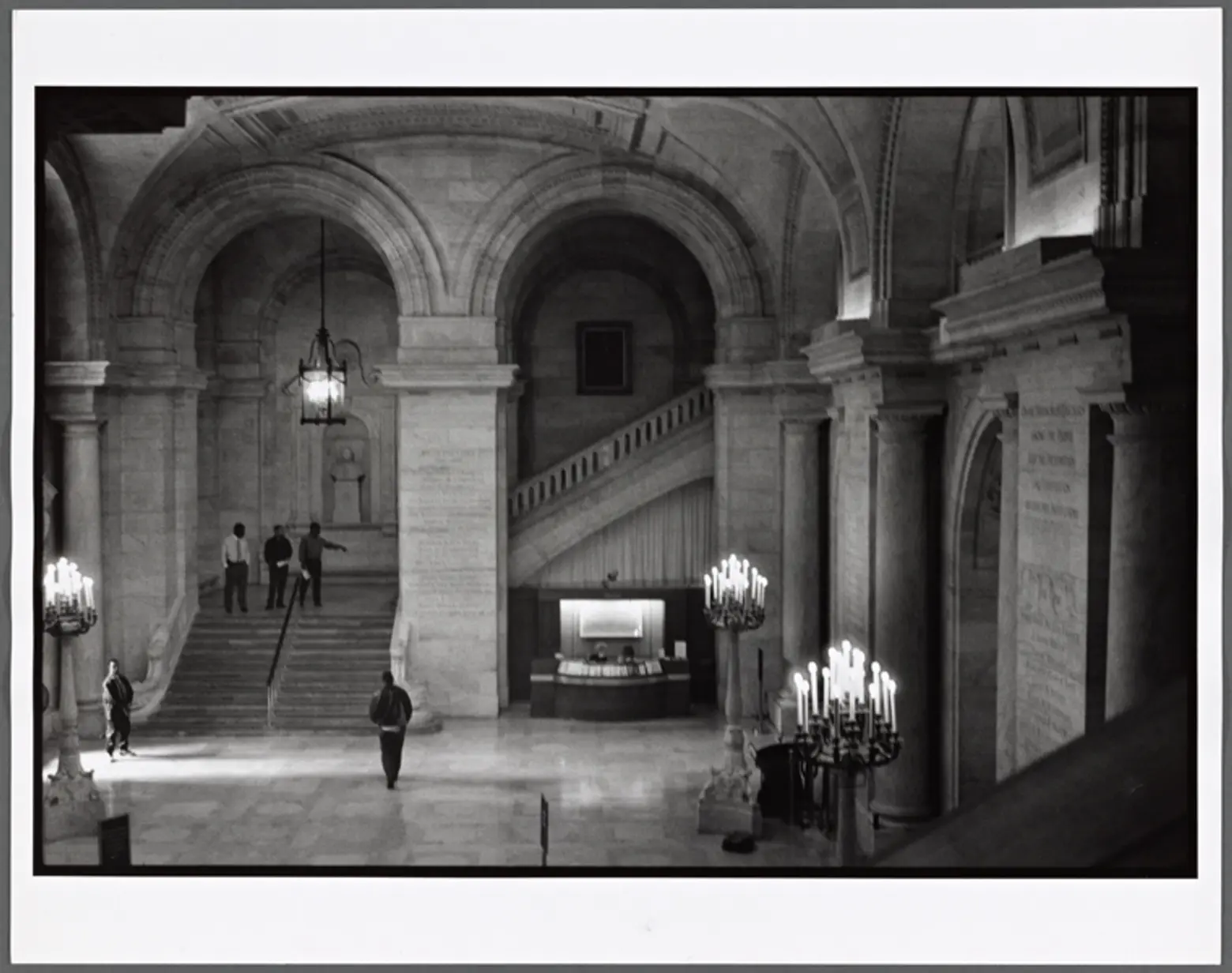
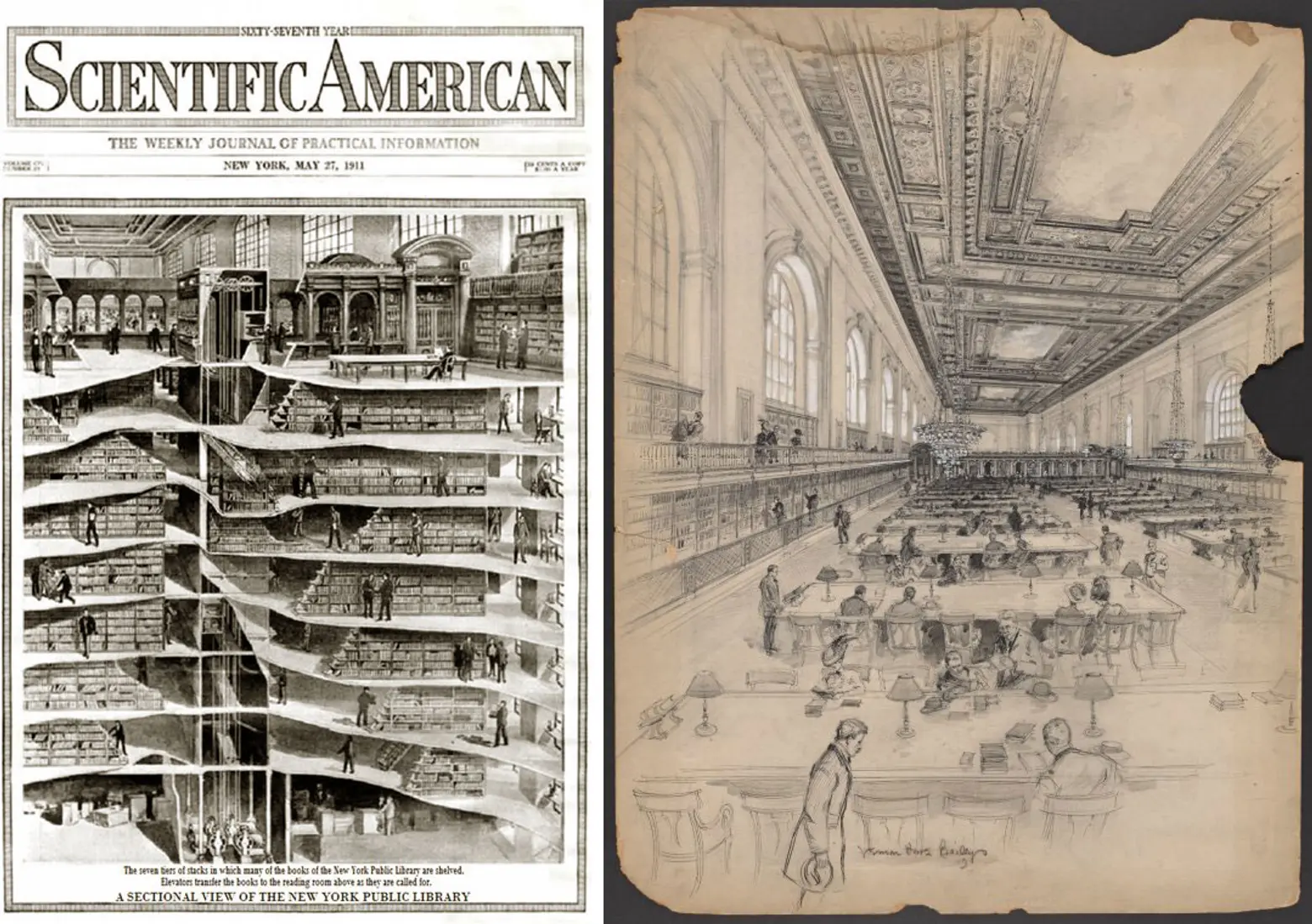
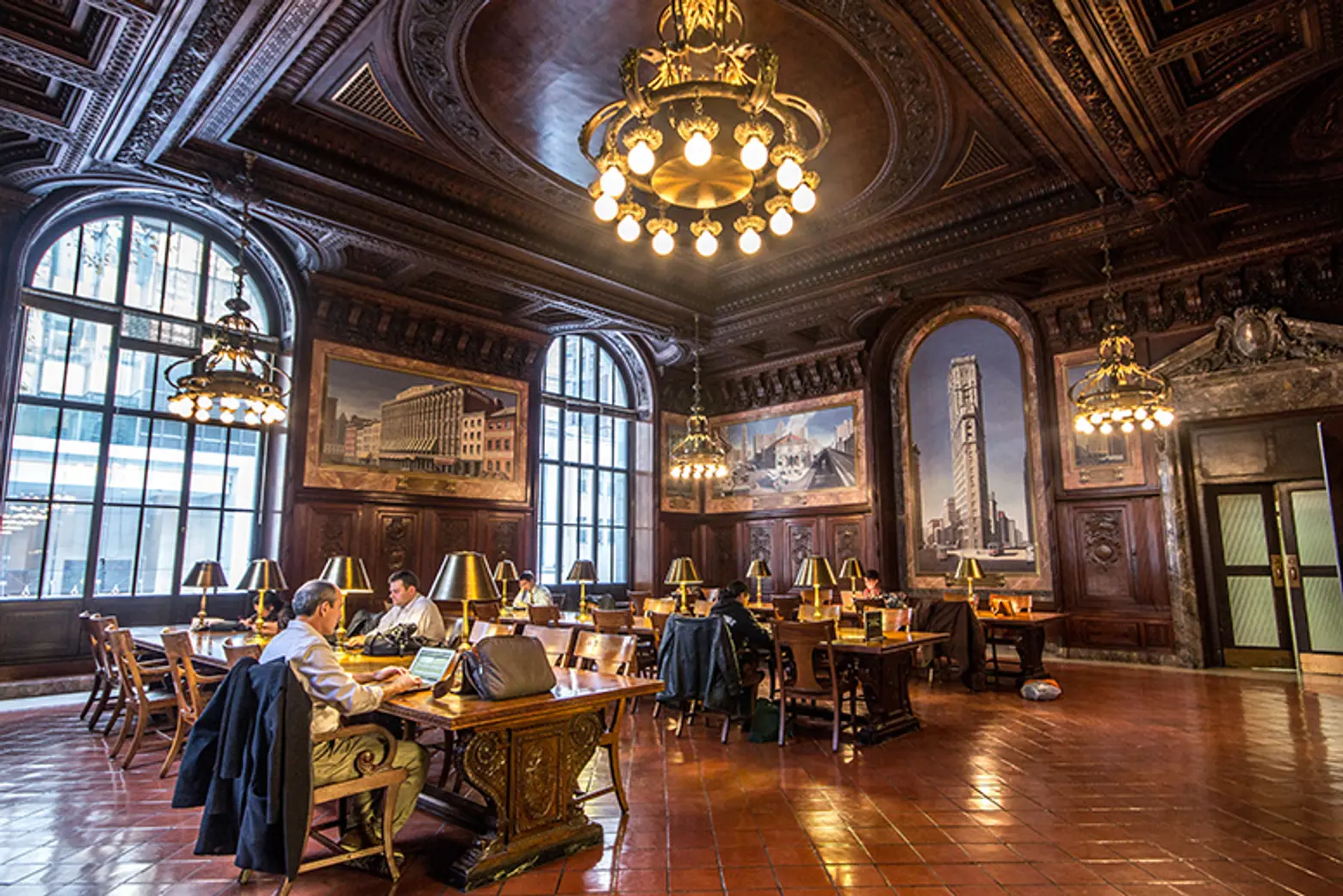
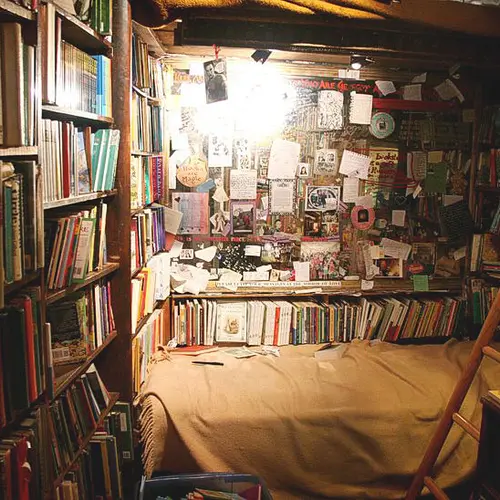
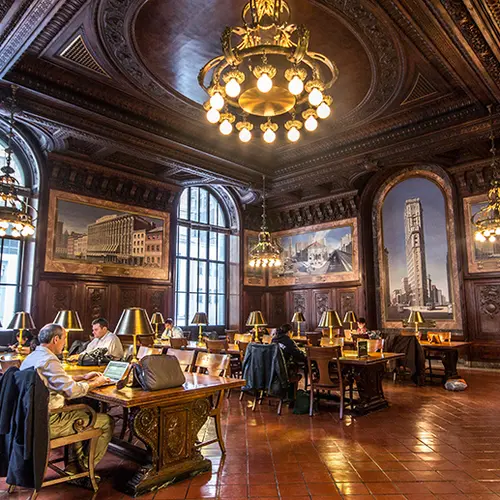
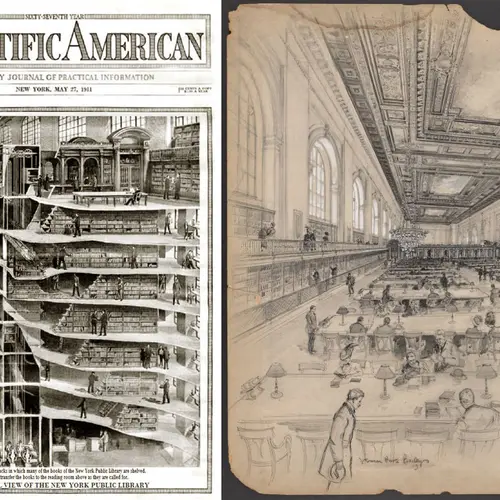
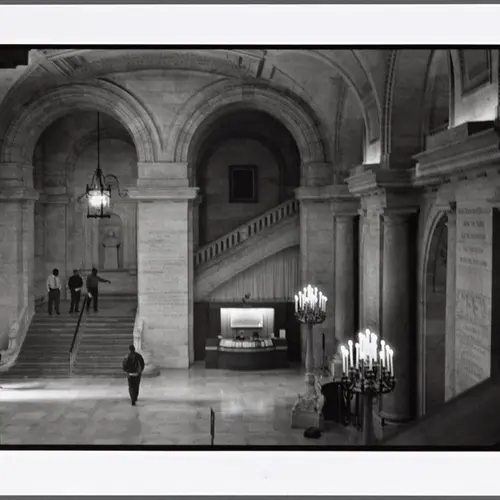
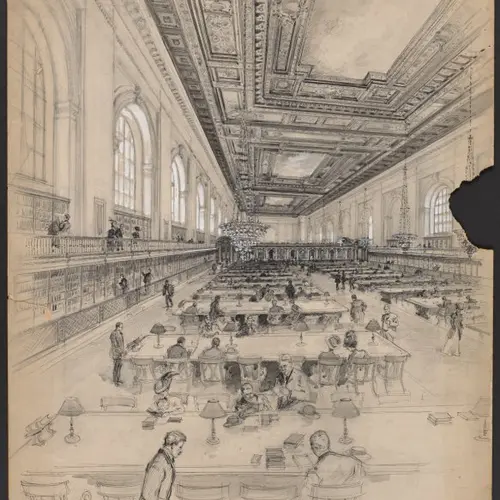
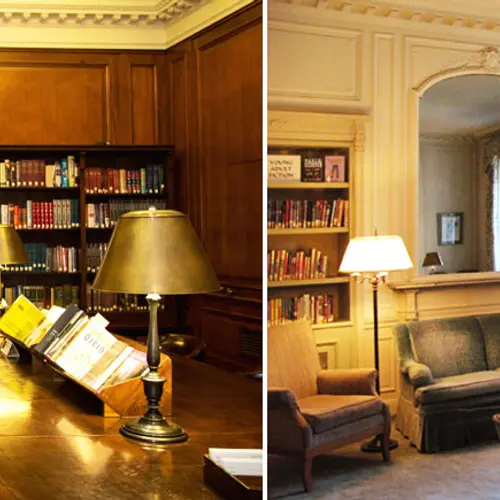
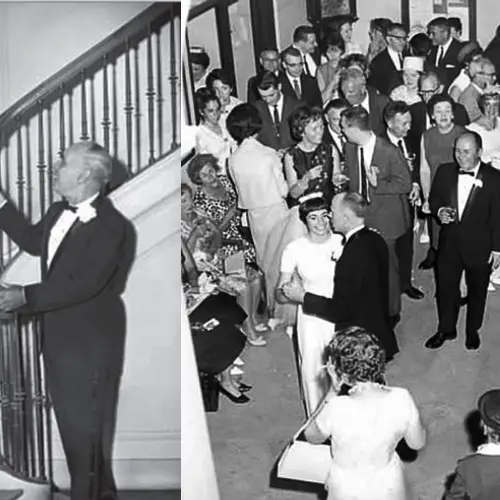
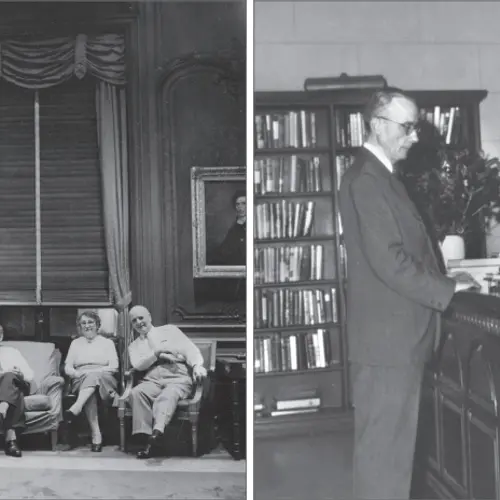
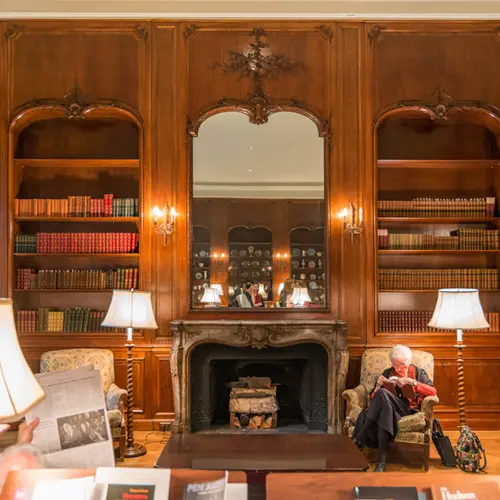
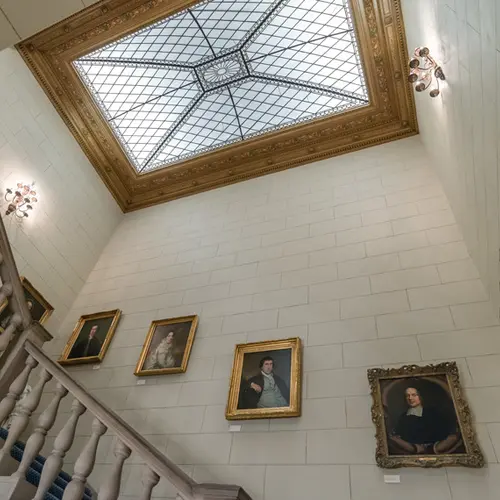
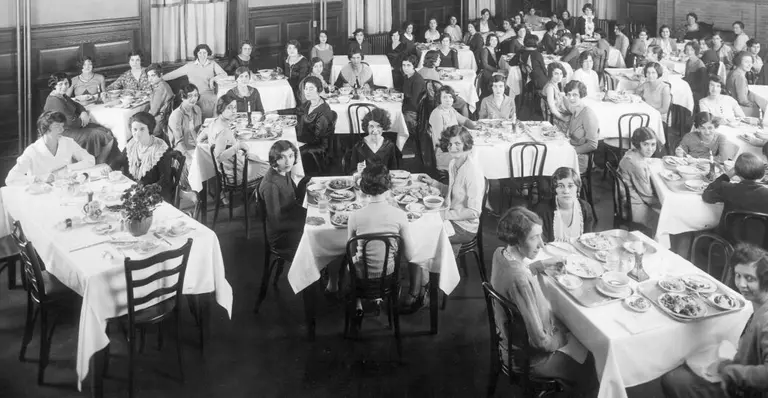
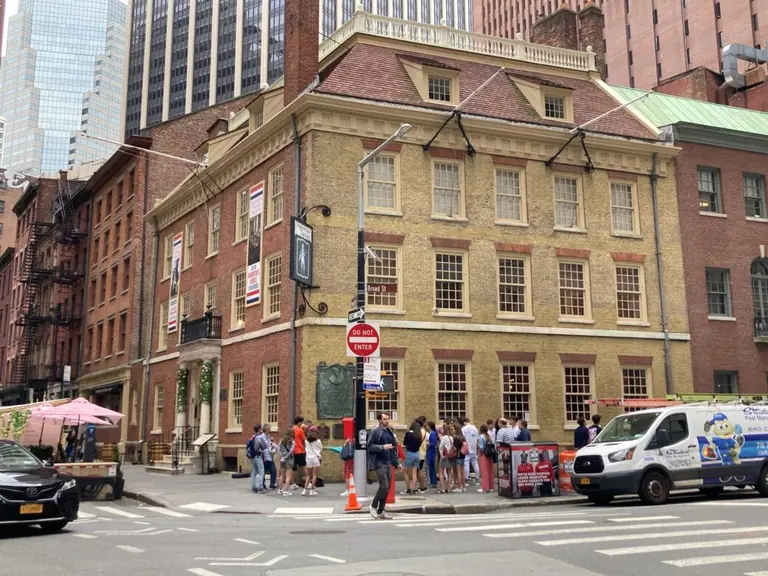









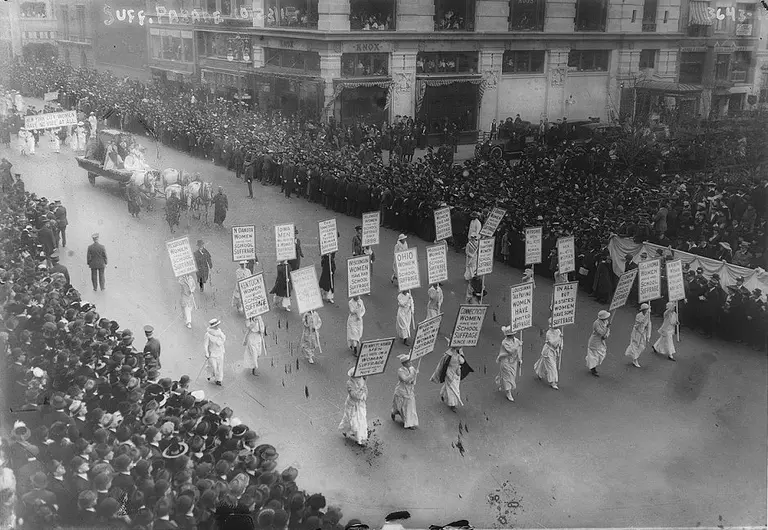




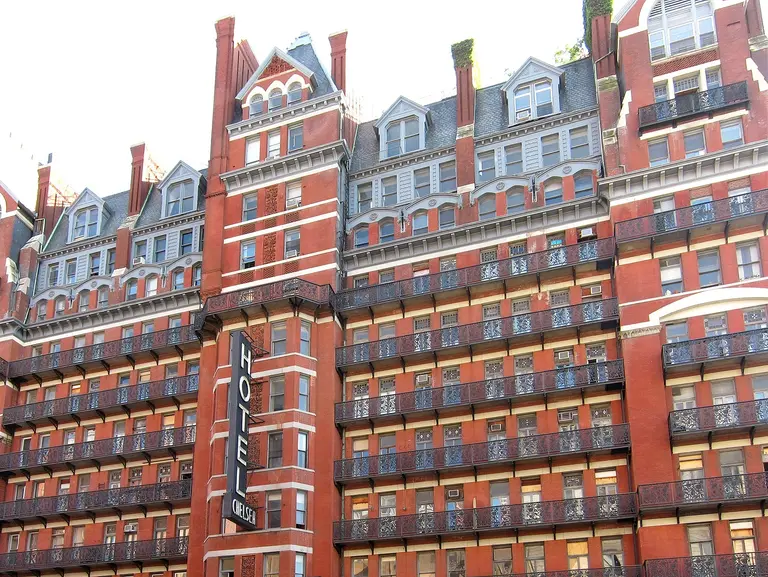
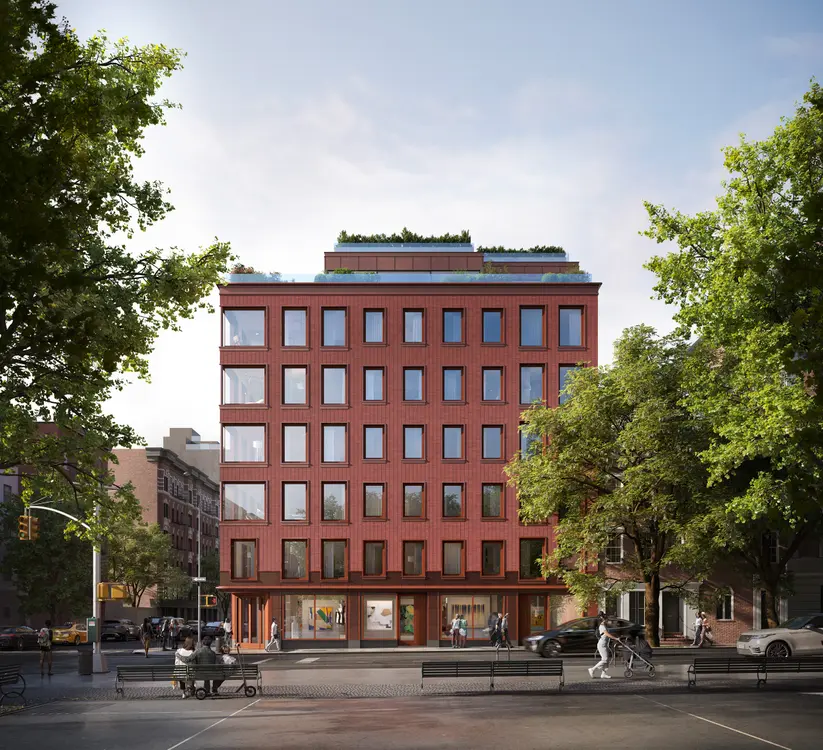









A better, vanished time.
What could be more enchanting for a dedicated bibliophile than living elegantly among the stacks….and in New York, no less
http://www.city-data.com/forum/attachments/elections/164932-i-saw-eagle-flying-low-over-trump-eagle.jpg
The top photograph isn’t a library. It’s a bookstore in Paris called Shakespeare & Co., which very deliberately created living arrangements for the drifters, “tumbleweeds”, who worked the till and stocked the shelves.
BLACKED
Membership in the New York Society Library is $250, not $200.
How long ago did you write this?
https://www.nysoclib.org/members/membership-information
I didn’t realize the role of Twilight Sparkle in the Ponyville Golden Oak library had a real-world counterpart outside of My Little Pony. Very interesting.
src=”http://vignette1.wikia.nocookie.net/mlp/images/f/f2/Twilight’s_library_S3E9.png”
Wow. The stamp heist alone is real-life Mark Helprin.
Gesundheit!
FYI, “The New York Society Library is not only the oldest library in the United States…” is not correct. https://en.wikipedia.org/wiki/Library_Company_of_Philadelphia was founded 23 years prior.
I am book.
If this was “posted today,” why are there comments here going back two years?
What a wonderful article! Our bookclub is reading The Lions of Fifth Avenue.. A great and interesting article to go right along with our read.